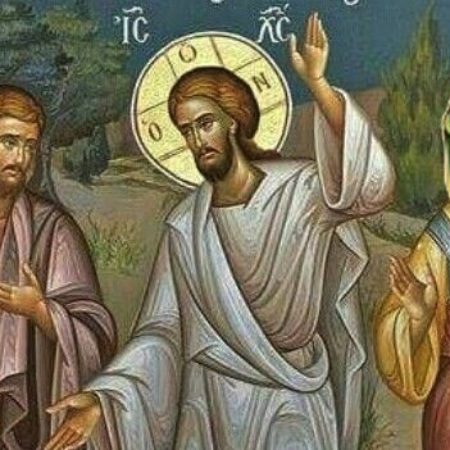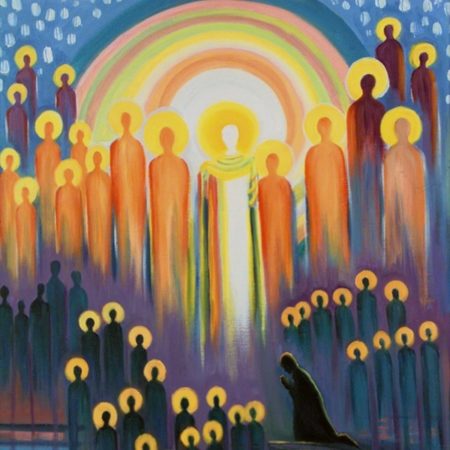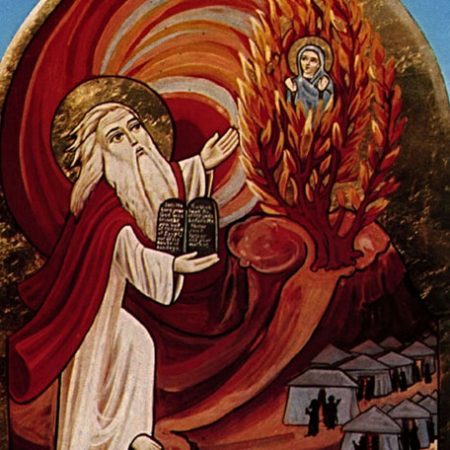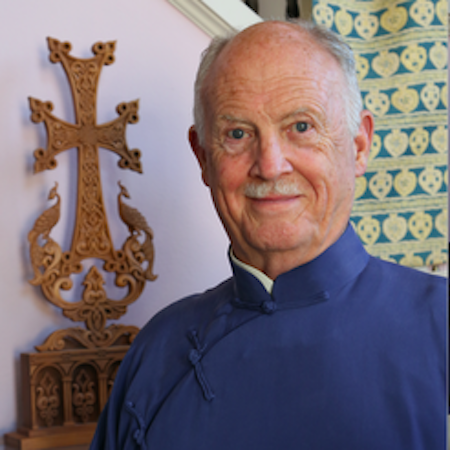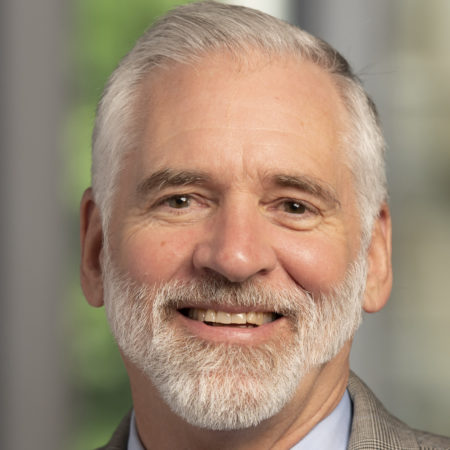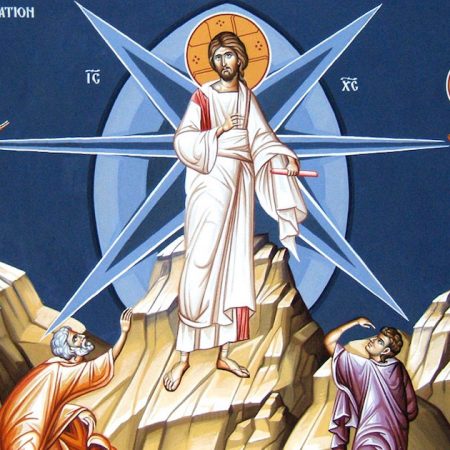As we journey with and into God, we all prepare carefully, travel persistently, seek advice, approach the sacred with humility, and discern the way forward.
Sermons on Matthew
Jesus calls us to a new world in which the lives of nations revolve around bringing the previously marginalised to the centre of our national way of being. Nations that fail to do that collapse into self-destruction.
While many have a passive-aggressive relationship with God, the gospel gives us a vision of God that liberates us to live freely, expansively and joyously.
We we allow God’s word to work in us, it lifts the burden of oppressive teaching from us.
Living the beatitudes is tough and dangerous, and we will need the inspiration and company of the saints, before us and beside us, if we are going to make it.
If we keep imitating one another, paying back violence with vengeance, the world will be consumed in an escalating fury, but Jesus rescues us and gives us a life-giving example to follow.
In order to recognise and cooperate with what God is doing, we often need to recognise and see past the assumptions that come with our own privilege.
God’s offer of unlimited forgiveness creates a new world in which we are free to stop judging one another and turning on one another and spiralling into violence and hatred.
Our true identity is only found when we discover that it is not about us, but that we are only truly anyone in relation to the God who is everything, and who is not the opposite of anything.
We respond to Jesus in different ways at different times, because we are not fully integrated in ourselves, but God loves us in all our fragmented parts.
Looking for emerging patterns can help us (and Jesus?) recognise the ways that God is opening new pathways of grace and inclusion.
Jesus never stops crossing the menacing water to come to where we are, saying: “Take courage. It is I. Don’t be afraid.”
God’s Providence usually works by people, moved by the Spirit of God, sharing when they have more above their own needs.
A sermon on Matthew 13:1-9, 18-23 by Dr John Sampson As you heard the text for today is from Matthew’s account of the parable of the sower. Our Bibles contain three versions of this story, in Mark 4, Luke 8, and Matt 13. It is also found in the gospel of Thomas, but this was…
A sermon on Matthew 11:16-19,25-30 & Romans 7:15-25a by the Revd Dr Curtis W. FreemanResearch Professor of Theology & Director of the Baptist House of Studiesat Duke Divinity School, Durham, NC, USA Brothers and Sisters: Good evening to you in Melbourne or wherever you are, as you approach the ending of the day, and good…
Jesus did not come with the goal of making some gentle improvements to the status quo, but to disable the status quo by exposing its lies and revealing its victims. Without our culture being radically converted by that, the result is escalating chaos, to which Jesus offers himself as a victim and calls us to do the same.
Jesus calls us to follow him in being a contagious force for love and mercy rather than fearfully quarantining ourselves from bad influences.
In the most hidden and dark places, God is at work.
Whether or not you can accept the idea of a personal devil, there are forces of evil in the world that are bigger and more powerful than our own inner flaws, but conscious and united, we are stronger still.
Stunning moments of spiritual clarity can be life-changing, but the real measure of our faithfulness is in how we live for the rest of the time.




